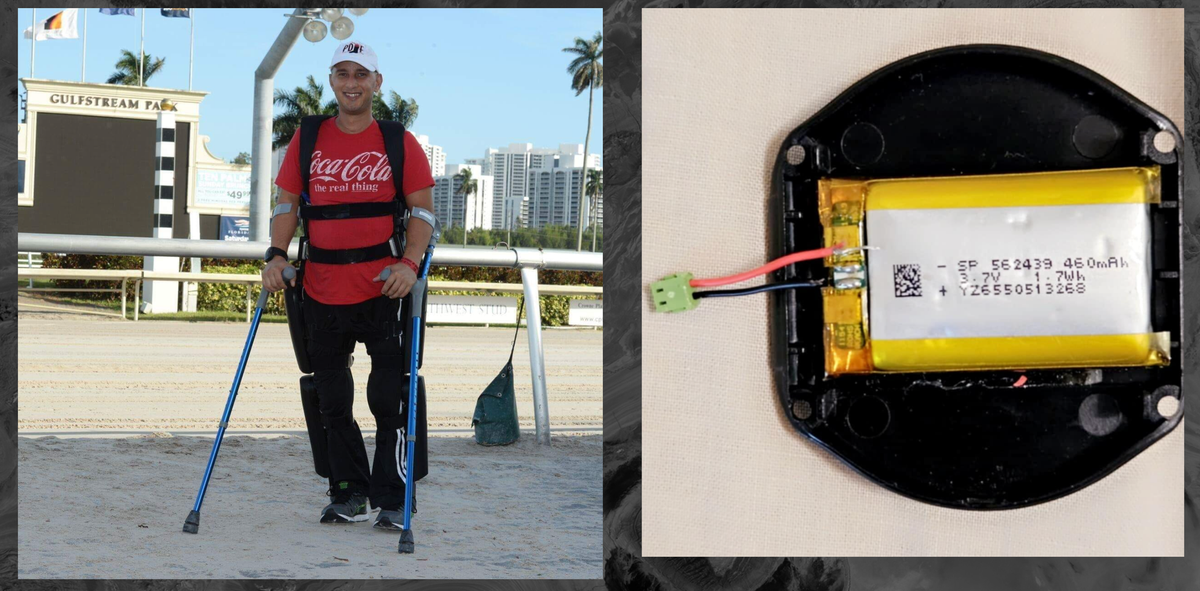Apologies for posting a pay walled article. Consider subscribing to 404. They’re a journalist-founded org, so you could do worse for supporting quality journalism.
Trained repair professionals at hospitals are regularly unable to fix medical devices because of manufacturer lockout codes or the inability to obtain repair parts. During the early days of the COVID-19 pandemic, broken ventilators sat unrepaired for weeks or months as manufacturers were overwhelmed with repair requests and independent repair professionals were locked out of them. At the time, I reported that independent repair techs had resorted to creating DIY dongles loaded with jailbroken Ukrainian firmware to fix ventilators without manufacturer permission. Medical device manufacturers also threatened iFixit because it posted ventilator repair manuals on its website. I have also written about people with sleep apnea who have hacked their CPAP machines to improve their basic functionality and to repair them.
PS: he got it repaired.



I’m not arguing for anything in the post above, just pointing out that a broken (or badly repaired) insulin pump is genuinely more dangerous than having no insulin pump. That doesn’t have to count against the right to repair one, as if you’ve got the right to repair an insulin pump, and do so badly, it doesn’t mean you’re legally forced to use it afterwards, just like I’ve got the right to inject all the insulin in my fridge with an insulin pen back to back, but I’m not legally forced to do so.
I do think the right to repair should be universal, but as I think that medical stuff should be paid for by the state, NHS-style, that would end up meaning that the NHS could repair medical devices themselves if they deemed it more economical to do so and recertify things as safe than to get the manufacturer to repair or replace them. The NHS is buying the devices, and gets the right to repair them, and that saves the taxpayer money, as even if they don’t actually end up repairing anything, it stops manufacturers price gouging for repairs and replacements, and if the manufacturer goes bust or refuses to repair something, there’re still ways to keep things working. It doesn’t mean unqualified end users can’t use their new right to repair their medical devices and risk getting it wrong, but if you’ve got an option of a free repair/replacement, most people would choose the safe and certified repair over their own bodge.